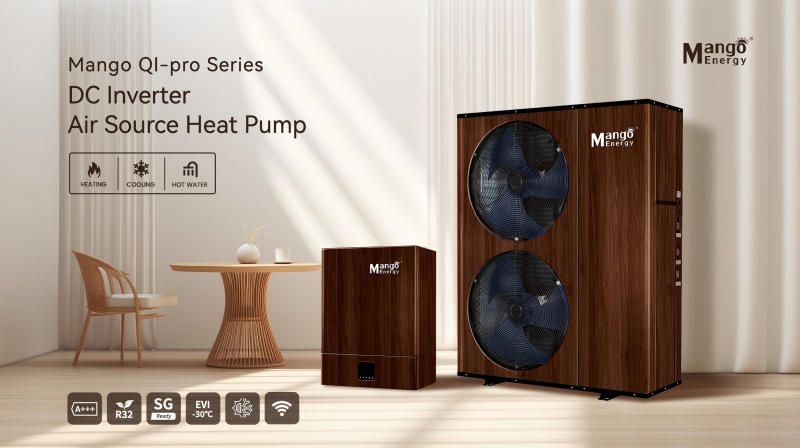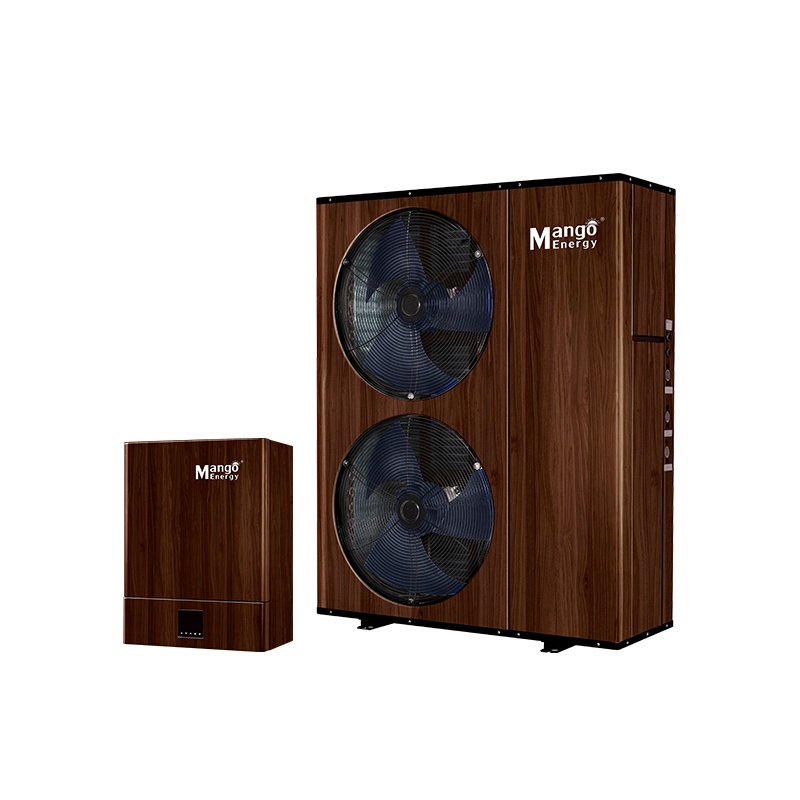
Choosing the right HVAC solution isn't just about energy efficiency—it’s also about climate compatibility. Among modern heating solutions, the inverter air source heat pump stands out for its ability to provide both heating and cooling with impressive efficiency. But how well do these systems perform across different climate zones? Whether you're in a subtropical region or facing harsh winters, understanding how inverter-based heat pump systems interact with your local climate is crucial for long-term performance and savings.
What Is an Inverter Air Source Heat Pump?
An inverter air source heat pump operates by extracting heat from the outside air and transferring it indoors for heating, or vice versa for cooling. Unlike traditional fixed-speed systems, inverter-based models use variable-speed compressors that adjust output based on demand. This not only minimizes energy waste but also ensures more consistent indoor temperatures. These units—especially DC inverter heat pumps—are renowned for their silent operation, faster response times, and enhanced durability.
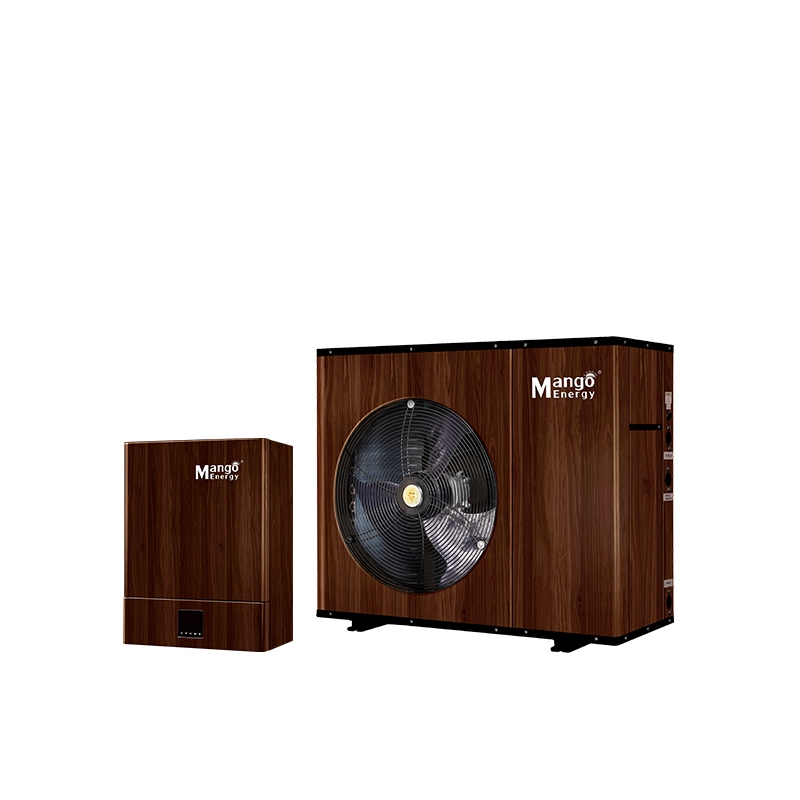
Climate Zone Matters: Why Performance Varies
The core factor in determining the efficiency of an inverter heat pump system is the ambient outdoor temperature. Heat pumps work by transferring ambient thermal energy. When the outdoor temperature drops significantly—especially in sub-zero conditions—the energy available for transfer diminishes. However, advancements in air source heat pump for cold climates technology have made it possible for modern systems to work effectively even in temperatures as low as -25°C (-13°F).
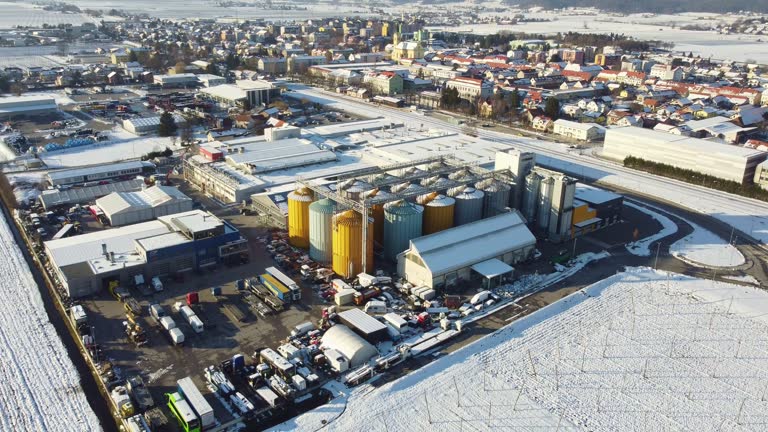
Warm & Moderate Climates
In regions with mild winters and hot summers—such as Southern China, Southeast Asia, or parts of the southern U.S.—inverter heat pump systems offer year-round comfort with exceptional efficiency. The ability of the inverter to throttle power based on real-time demand reduces both electricity consumption and mechanical wear.
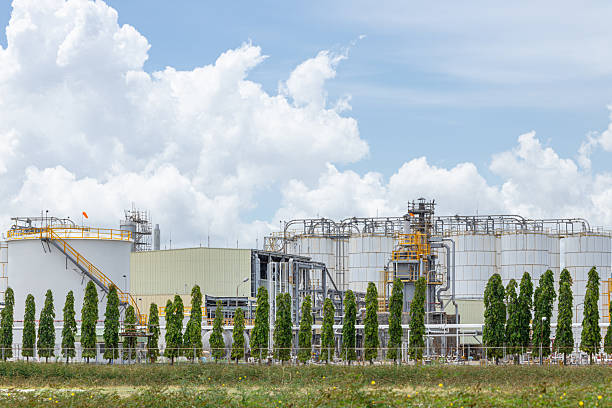
Cold Climates
Cold zones, especially in Northern Europe, Canada, or Northern China, challenge the capabilities of any air source heat pump. Older generations of heat pumps were inefficient in such regions due to performance drops at low ambient temperatures. Today’s DC inverter air source heat pumps incorporate enhanced vapor injection compressors, intelligent defrost systems, and improved refrigerant cycles to maintain high COP (Coefficient of Performance) in frigid conditions. Some models are now specifically engineered as air source heat pumps for cold climates, with auxiliary electric heating backup as a safety net.
Benefits of Inverter Heat Pumps in Cold Regions
Adaptive Power Control: The inverter system increases efficiency by only drawing the energy required, which is especially beneficial in transitional seasons like autumn and spring.
Stable Output: Unlike on/off systems, inverter models eliminate temperature fluctuations and maintain a constant indoor environment—even when it’s -15°C outside.
Energy Savings: Studies show that inverter-based heat pump systems can reduce energy use by up to 30% compared to conventional HVAC systems in cold climates.
Extended Equipment Life: Reduced cycling minimizes compressor stress, ensuring longer-lasting systems.
Installation Considerations by Region
Before installing an inverter heat pump system, consider:
Altitude: High-altitude regions may affect refrigerant pressure performance.
Humidity Levels: In high-humidity zones, make sure the defrost system is efficient.
Building Envelope: Older buildings with poor insulation may need additional support systems in colder climates.
Conclusion: Is an Inverter-Based Heat Pump Right for Your Area?
If you're in a mild or moderate climate, the answer is almost certainly yes—inverter air source heat pumps are among the most energy-efficient and eco-friendly HVAC options available. For colder zones, careful product selection is key. Look for models engineered specifically for low temperatures, often labeled as DC inverter heat pumps for cold climates. As inverter technology continues to evolve, the geographic limitations that once restricted adoption are disappearing.
When sourcing from a manufacturer or selecting a solution for a project, ask about:
Minimum operating temperature range
Seasonal COP ratings
Compressor and refrigerant type
Backup heating options
No matter your region, there’s likely an inverter air source heat pump solution that fits. Just be sure it’s engineered for your unique climate demands.



